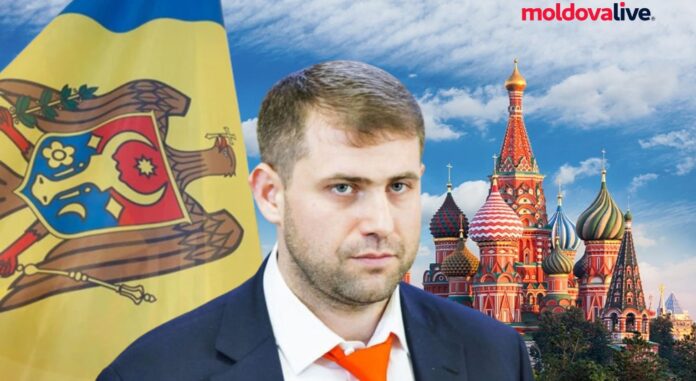This Sunday, Moldovan voters will decide the new Parliament. The election is crucial not only for the country’s future but also for Russia, which invests heavily to tilt the outcome in its favor. NordNews journalists infiltrated one of Moscow’s influence networks, created through the NGO Evrazia and controlled by fugitive oligarch Ilan Shor. For five months, we worked alongside Russian operatives, gained their trust, and carried out tasks for the pro-Russian parties — the “Great Moldova” Party, the “Alternative” Party, and the “Patriotic Bloc.” Our goal was to expose how Russia is trying to dictate your vote on September 28, nordnews reports.
Chapter 1: Infiltration
In May, NordNews administrator Olga joined Evrazia’s online training program under the pretext of learning electoral technologies. Russian political technologists tied to the Kremlin led the webinars, teaching young Moldovans not only leadership but also manipulation, hidden propaganda, and voter mobilization strategies. Among the organizers were Anna Denisenko, linked to Russian political structures, and Dmitri Baranovski, a graduate of Moscow State University and an active figure in Moldovan politics. Kremlin propagandists, media agents, and electoral manipulators instructed participants in techniques such as carousel voting, psychological pressure, and shaping public opinion.
Chapter 2: Fieldwork
After the course, participants had to conduct “formative surveys” in Moldova. Olga became a team leader in Balti and organized polls that disguised political agitation. Payments came through crypto. Survey questions mirrored pro-Russian narratives: warning against unification with Romania, criticizing President Maia Sandu, and promoting the opposition parties. According to sociologists and election officials, such polls were both manipulative and illegal.
FOR THE MOST IMPORTANT NEWS, FOLLOW US ON TWITTER!
Chapter 3: Offline Indoctrination
NordNews’ undercover reporter and her team attended events in Balti, Chisinau, and Tiraspol, where organizers spread Russian narratives about “historic ties” with Moldova and attacks on the EU. At one event, members had to sign volunteer contracts with the “Great Moldova” Party. At another, organizers toasted: “Let’s drink so that everything we planned happens—and that nothing happens to us.”
Chapter 4: Propaganda Expansion
The next stage, “Info Lider,” paid young Moldovans up to 5,000 lei a month to spread anti-Sandu and anti-PAS content on TikTok, Facebook, and Instagram. Participants created fake accounts, produced videos, and amplified Kremlin-aligned narratives. Organizers also mobilized them to cover protests promised by Shor, who lured supporters with $3,000 monthly payments. The scheme mirrored previous online operations in Romania.
Conclusion
Our infiltration revealed a coordinated Russian campaign in Moldova. Russian operatives trained youth in propaganda and manipulation, paid them for covert surveys and online agitation, and embedded them into pro-Russian parties. The ultimate goal is clear: to undermine Moldova’s democratic choice and steer it back into Moscow’s orbit.


